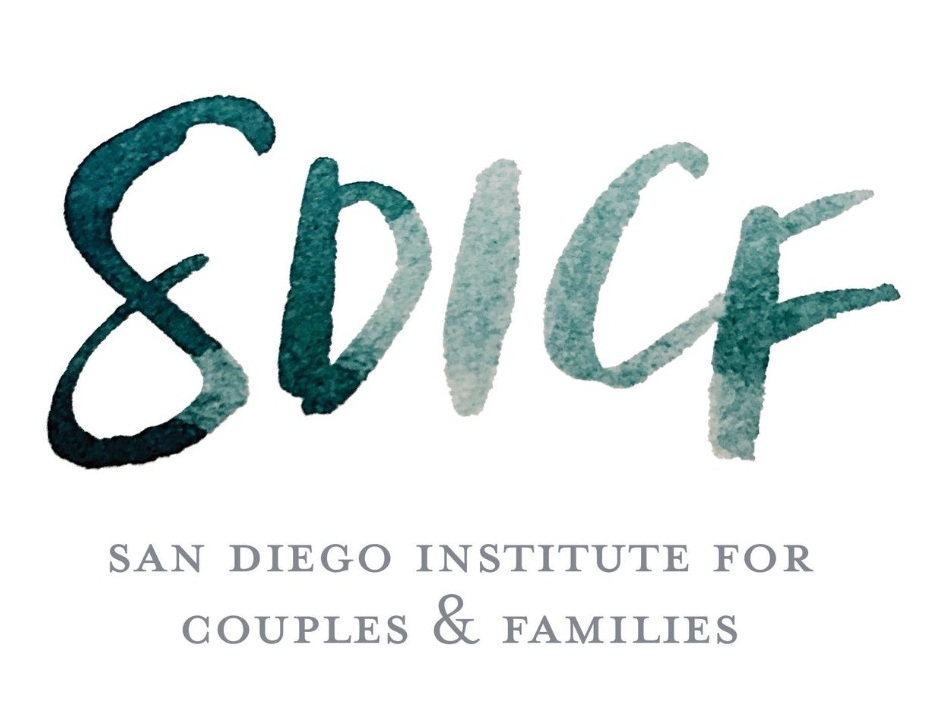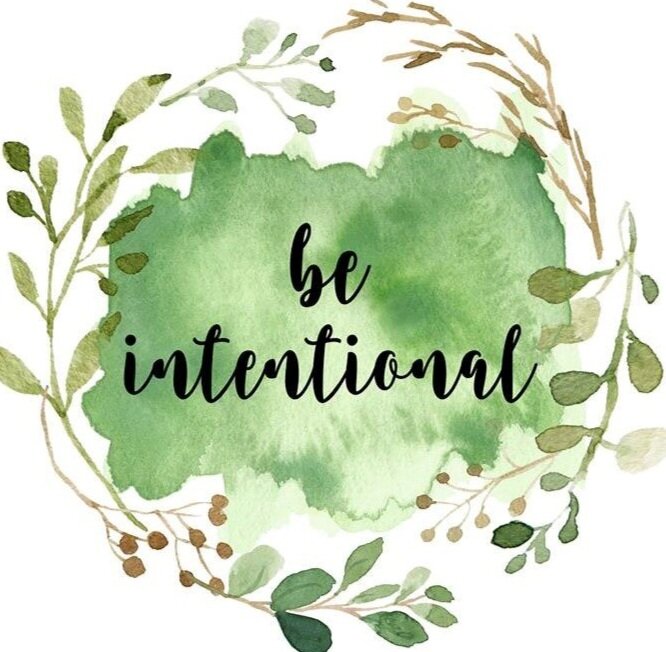Written By Lindsay Wilson, LMFT
In our home we call it the "Marriage Meeting". It's a sunday afternoon ritual to keep Matt and I connected and up to date on each other's lives during the week. We started this after a series of miscommunications and arguments following phrases like: "You didn't tell me about that", "I didn't know I needed to put that on my calendar", "I thought you knew...", You get the point.
We also found that sometimes the week gets ahold of us and we can easily loose touch with each other in the midst of busy schedules. A "Marriage Check-in" is a way to reconnect at the end of a week as well as get on the same page and connect about the week to come.
Here is how to instate a "Marriage Check-in":
1. Pick a day and time
We like having our check-in on sunday afternoons. It gives us a chance to reflect on the past week as well as project forward for the week ahead. Plan to carve out around 30mins. per week.
2. Place a recurrence or reminder on your calendars for the same day and time each week
I don't know about you, but I am lost without my schedule/calendar to keep me on task. When you place a recurrence or reminder on your calendar you are further keeping yourselves accountable to keep the meeting going each week. Soon it will become a habit, however; every new habit takes time to become normalized into a routine.
3. Create an agenda for your check-ins
What are some areas in your relationship that could use a little more communication? Pick 4 or 5 questions and keep note of them somewhere. Take liberties to get creative with the questions you ask here! These questions should be tailored to your marriage and it's functionality. Every marriage is unique and has different needs.
*Also, if you have children and you don't feel like you can sneak away for half an hour, why not model communication by doing your marriage check-in with them present? You can even include them as part of a "Family Meeting" However, while I believe family meetings are critical, I firmly believe you should carve out time for your marriage check-in separate from the family meeting.
Here is a list of possible questions to bring up in your meeting:
Scheduling:
What does your schedule look like for the week?
What do the kid's schedules look like for the week?
When do you need me to present with you or for you this week? When do you need me to present with you or for you emotionally this week?
What expectations do you have for the week? Are those expectations clear, communicated, and reasonable?
When in our schedule can we fit in a date night or connecting time in the week?
When can we share meals together as a family this week?/ When should we plan on eating separately this week? Thoughts about what meals to plan for and shop for?
Budgeting & Finances:
What does our budget look like this week?
What bills need to be paid this week?
When do we anticipate spending money this week? Does that fit with our financial goals and budget?
Intimacy & Connection:
How has our intimacy been this last week?
How has our connection been? What would make you feel more connected to each other this week?
Reflection:
What are you looking forward to in your week? What are you dreading?
What was the high and low of the week that just passed?
What are you feeling grateful for?
How can I be praying for you this week?
4. End the session with a opportunity for deeper connection
We often end our meeting by praying together. We pray about our marriage, our family, our upcoming weeks, praises and petitions we may have. Other ideas for deeper connection could be ending with a sign of affection (insert creativity here ;) )
Regardless of what you do or say, make sure that you end these check-ins feeling more connected and seen by each other.
Anyone else do this or something similar to the marriage check-in? How has it impacted your relationship?















